signed lower right H.Verne...to be identified.
Nice size, the miniature measures approximately 10cm x 8cm at sight.
Comes from inheritance, never passed in the auction room or others.
Delivery possible by Chronopost for:
France €30
Europe €55
Rest of the world €80.
*Prince Victor is the grandson of King Jerome, the last brother of Napoleon I, and Catherine of Württemberg. It was to serve the Emperor's policy that Jérôme had married Catherine of Württemberg for a second time. Together they had three children: Prince Jérôme Bonaparte, who died of a serious illness in 1847, Princess Mathilde and Prince Napoléon-Joseph who, after his brother's death, took the name Jérôme. To make fun of him, they nicknamed him Plon-Plon. Under the Second Empire, in 1859, this time to serve Napoleon III's Italian policy, Prince Jérôme married Princess Marie-Clotilde of Savoy, daughter of Victor-Emmanuel of Savoy and Adelaide of Habsburg. From this union were born three children: Victor in 1862, Louis in 1864 and Laetitia in 1866. Prince Victor is therefore the grandson of two kings: Jérôme, King of Westphalia and Victor-Emmanuel II, King of Italy from 1861. His prestigious origins will lead Prince Victor to play a political role of the first order. Through the interplay of successions, Prince Victor became the head of the Imperial House since there was no longer any other male heir from Napoleon I or his brothers. Indeed, King Joseph had only daughters, Lucien had been disinherited by Napoleon I and the branch of Louis died out in 1879 with the death of the Prince Imperial. As a result, the branch of Jérôme Bonaparte happened to be the only dynast. When the Prince Imperial died, the head of the Imperial Household should have been Prince Jerome. However, because of the latter's reactionary political ideas, the Prince Imperial had notified this in the codicil of his will: "The duties of our House towards our country do not end with my life; I dead, the task of to continue the work of Napoleon I and Napoleon III falls to the eldest son of Prince Napoleon". The Prince Imperial therefore preferred Victor as his successor. This will of the Prince Imperial had important repercussions. First of all, it triggered an irremediable break between Prince Jérôme and his son Victor. Then, it happened that, at barely eighteen years of age and independently of his will, Prince Victor became the representative of the imperial cause. He was to remain so until his death in 1926. Yet despite being the head of the Imperial Household for some 40 years, Prince Victor has been completely forgotten by history.
source PRINCE VICTOR NAPOLEON (1862-1926) by Laetitia de Witt on www.musee-napoleon.fr


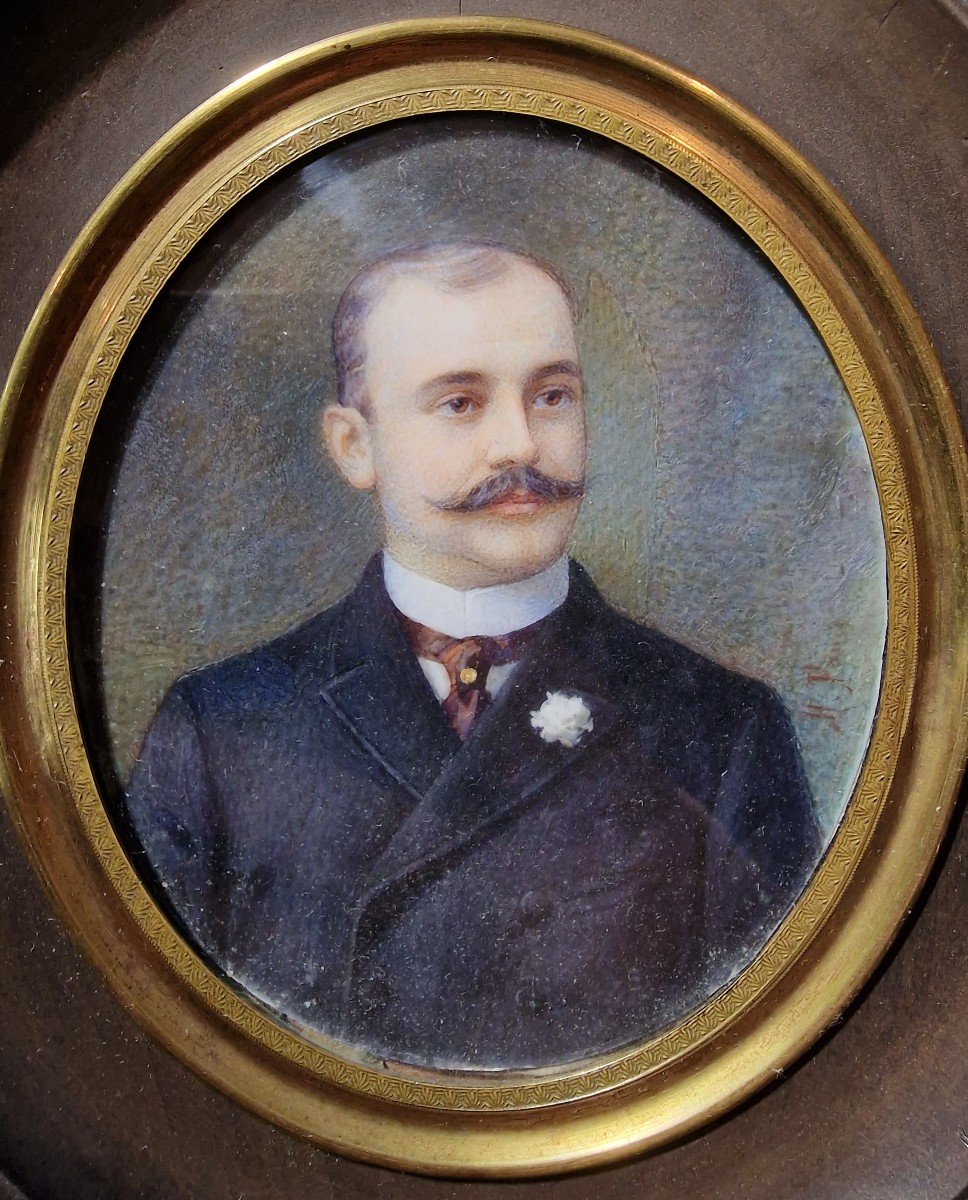
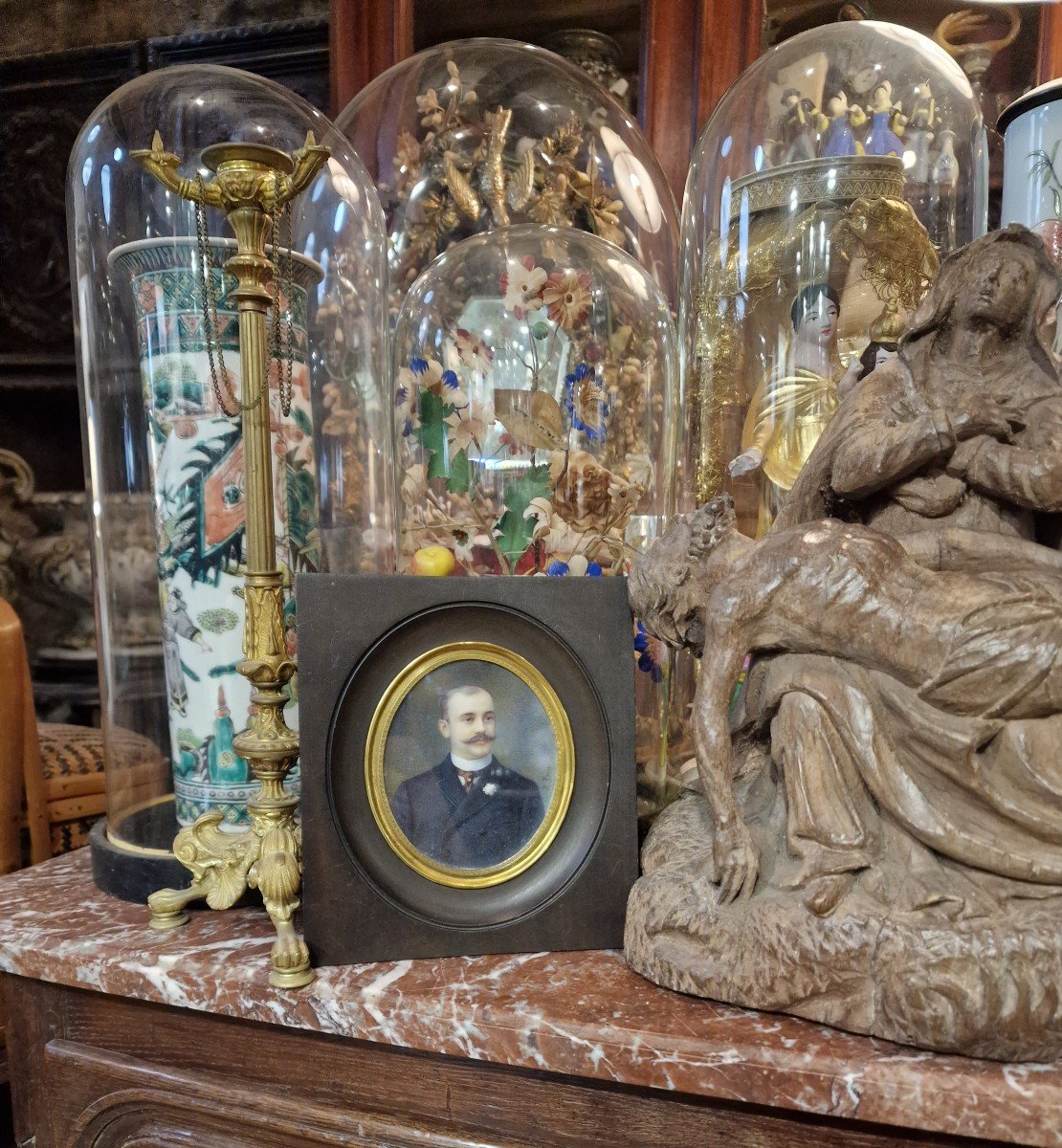
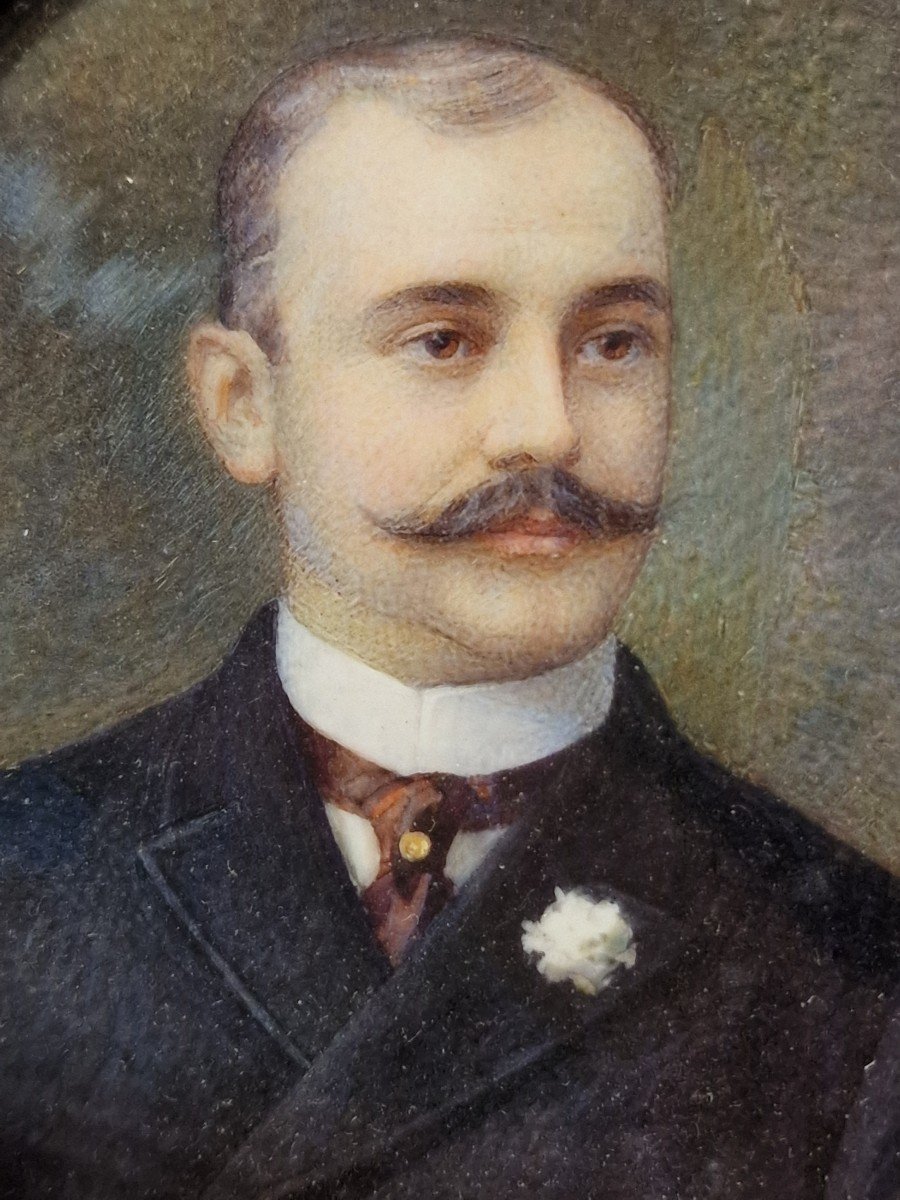
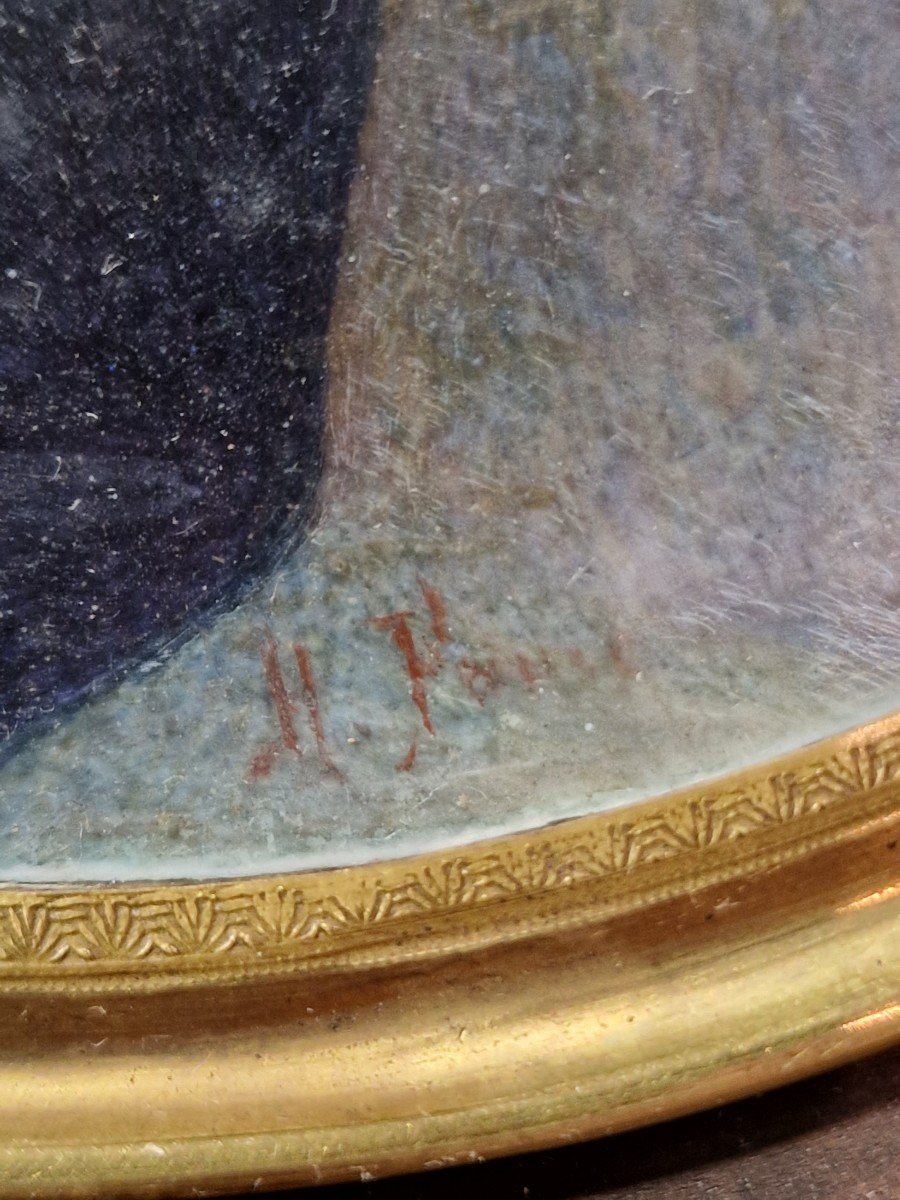
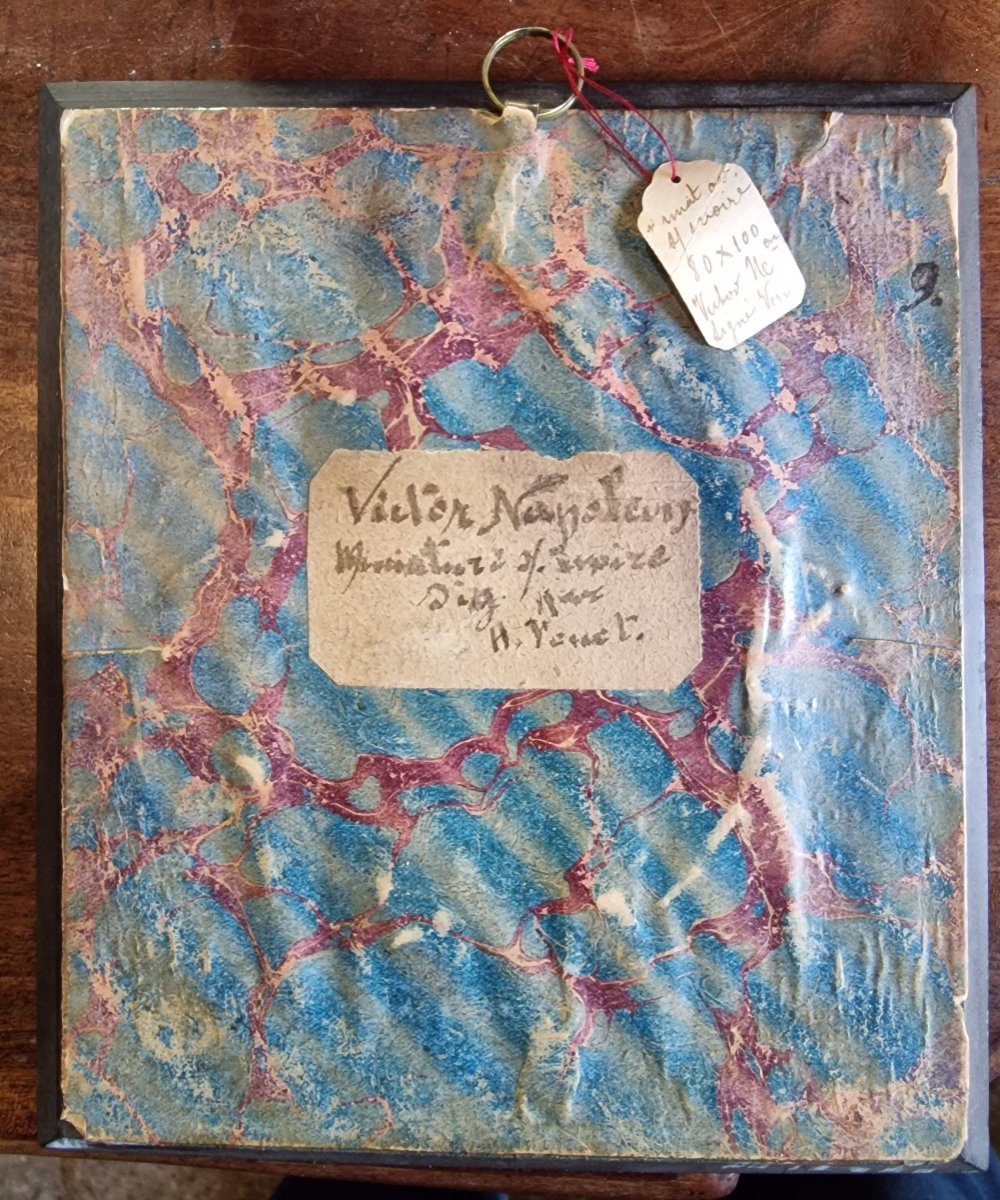
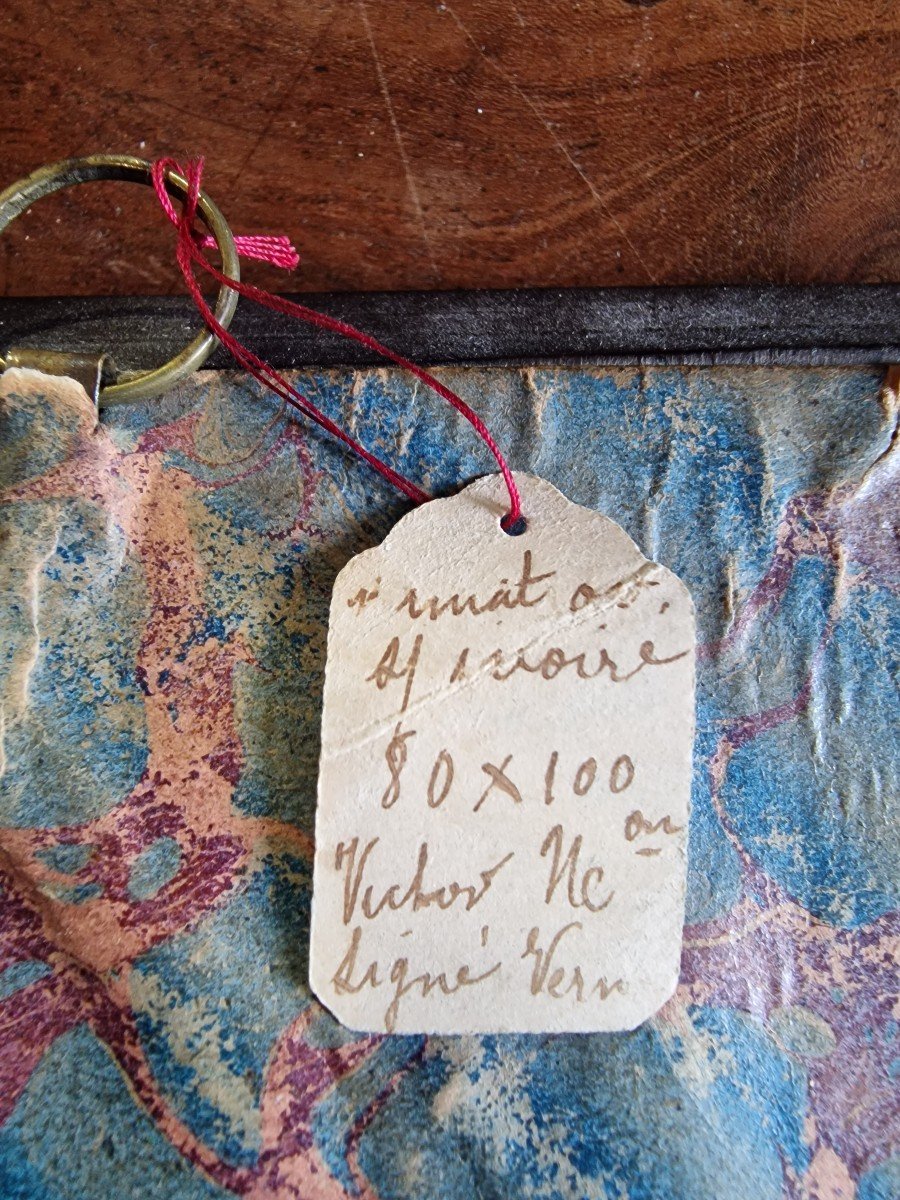


















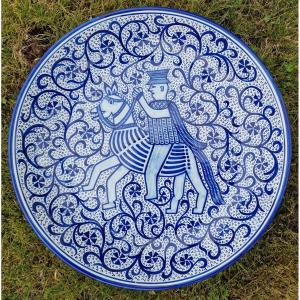


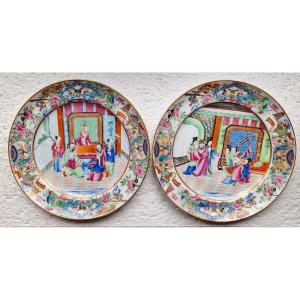

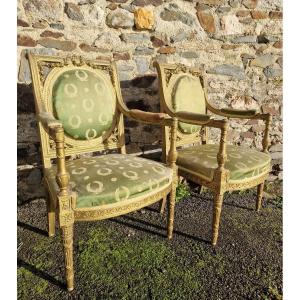
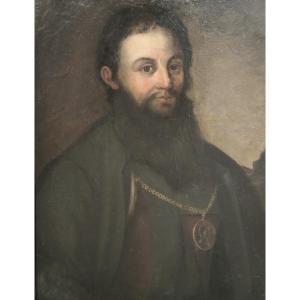
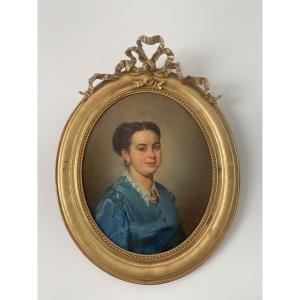
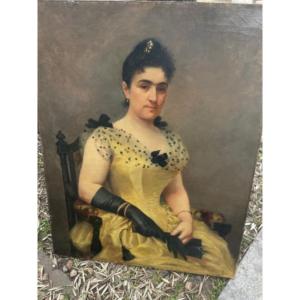

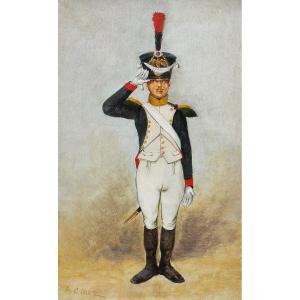



 Le Magazine de PROANTIC
Le Magazine de PROANTIC TRÉSORS Magazine
TRÉSORS Magazine Rivista Artiquariato
Rivista Artiquariato